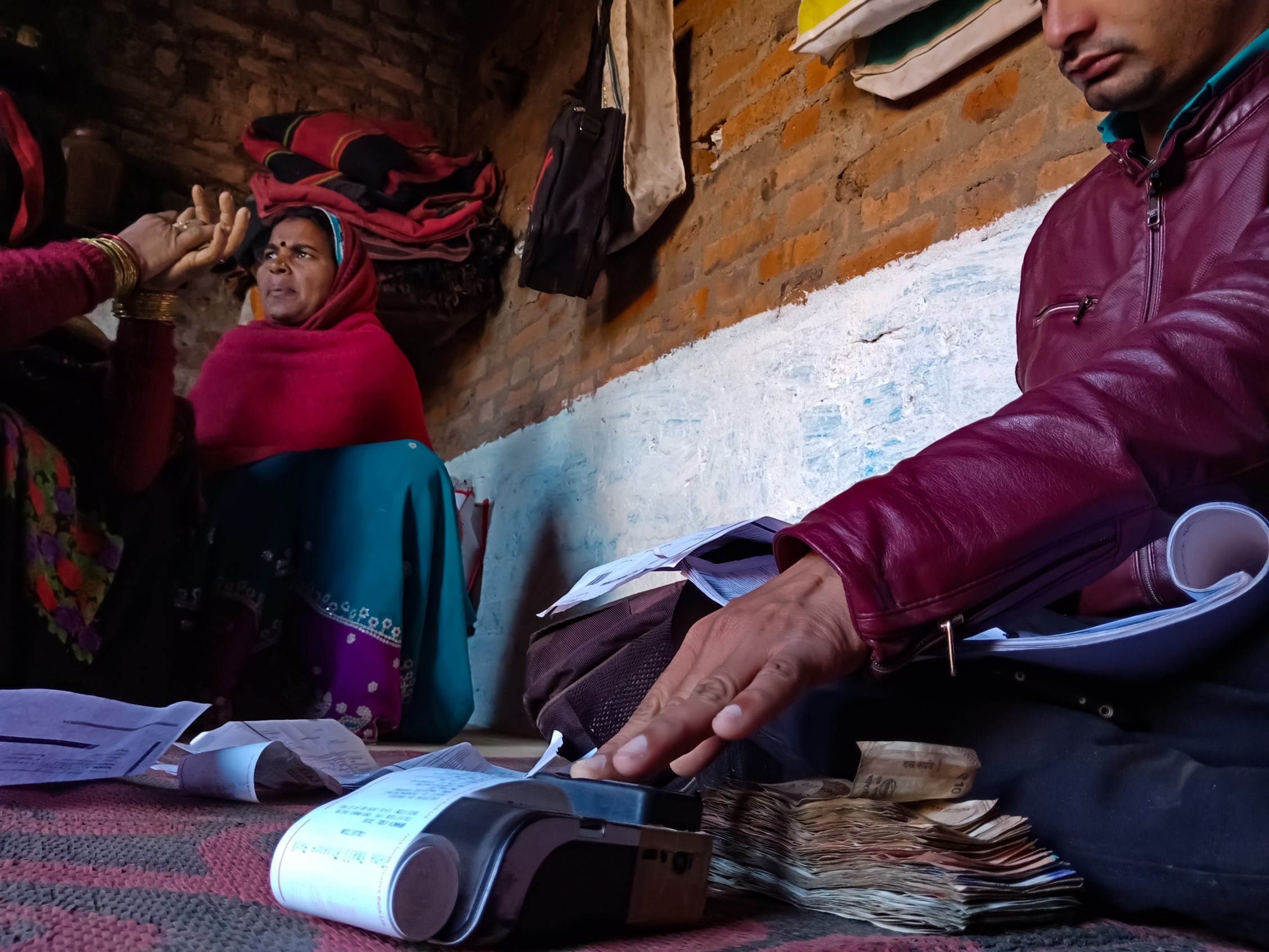Equipping workers with skills, infrastructure, and support is vital to ensure the AI-driven digital shift boosts jobs, inclusion, and sustainable growth.
LATEST

- Economics, Finance sector development

- Climate change, Energy, Governance and public sector management

- Governance and public sector management, Social development and protection

- Governance and public sector management

- Governance and public sector management, Social development and protection, Urban Development
By Daisy Singh
Subscribe to our Newsletter
Stay updated with ADBI news, publications, events and opportunities.
About Asia Pathways
Asia Pathways is the blog of the Asian Development Bank Institute, exploring ideas and solutions for advancing sustainable and inclusive development in Asia and the Pacific.

